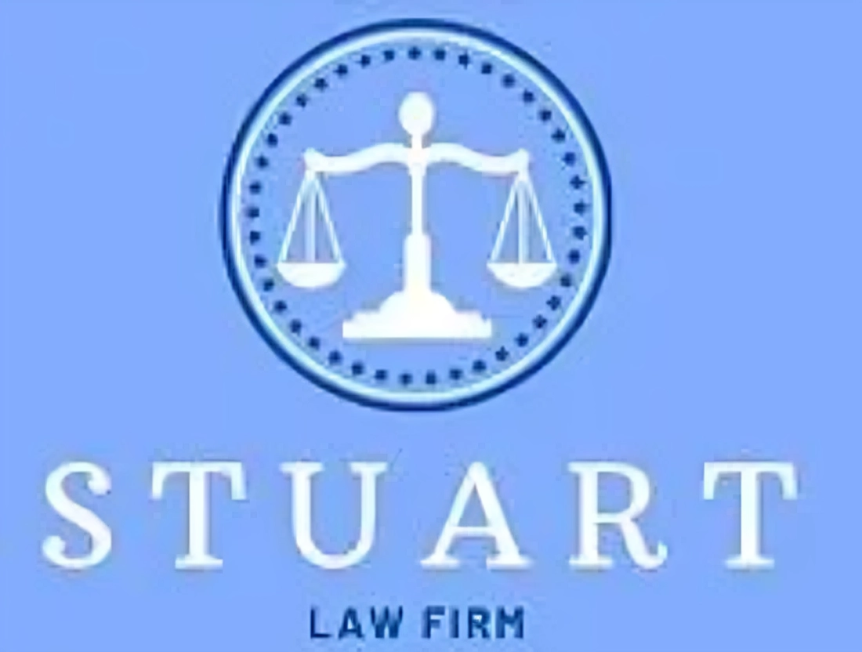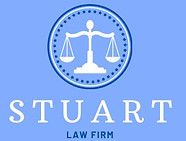This is paragraph text. Click it or hit the Manage Text button to change the font, color, size, format, and more. To set up site-wide paragraph and title styles, go to Site Theme.
|
Legal Support for Chapter 13 Bankruptcy in Richmond and Surrounding Areas
|
Chapter 13 Bankruptcy
This is paragraph text. Click it or hit the Manage Text button to change the font, color, size, format, and more. To set up site-wide paragraph and title styles, go to Site Theme.
Reorganize Your Debt. Protect What Matters.
Chapter 13 bankruptcy is a structured repayment plan that helps individuals with steady income regain control of their finances while protecting key assets—like a home or vehicle. At Stuart Law Firm, we help clients in Richmond and surrounding areas use Chapter 13 to stop foreclosure, catch up on missed payments, and restructure overwhelming debt into a manageable repayment plan.
We proudly serve clients across Virginia, with remote consultations available via Zoom and support for electronic filings. Whether you're local or preparing to file from a distance, we're here to help you bring your family together.
This is paragraph text. Click it or hit the Manage Text button to change the font, color, size, format, and more. To set up site-wide paragraph and title styles, go to Site Theme.
Chapter 13 Bankruptcy Services
Chapter 13 Plan Development
We help design a manageable repayment plan based on your income, expenses, and priorities—so you can move forward without added stress.
Stop Foreclosure or Repossession
Filing Chapter 13 stops foreclosure and vehicle repossession, giving you time to catch up and protect your assets.
Restore Missed Payments
Use your repayment plan to catch up on overdue mortgage payments while keeping your home.
Eliminate or Avoid Second Mortgages
In certain cases, we may be able to remove second or third mortgages if your home’s value is less than what’s owed on the first.
Manage Tax Debt & Student Loans
We support clients manage tax obligations, student loans, and other debts not eliminated by Chapter 7.
Why Choose Stuart Law Firm for Chapter 13 Bankruptcy?
A Plan That Works for You
We take time to understand your financial picture and build a strategy that fits your life—not one that adds more stress or uncertainty.
Local Experience That Matters
With over 20 years serving Richmond-area clients, we know how to navigate Chapter 13 with clarity, focus, and dependable legal support.
Step-by-Step Legal Support
From your initial filing to plan approval, we explain every step and stay by your side—so you always know where things stand.
Reach out today to find out how we can help you take control of your debt and build a plan that works.
You deserve honest answers, personal attention, and a clear path forward. Whether you're considering bankruptcy or exploring your eligibility for Chapter 13, we’re here to help—serving clients across Richmond and the surrounding areas.

